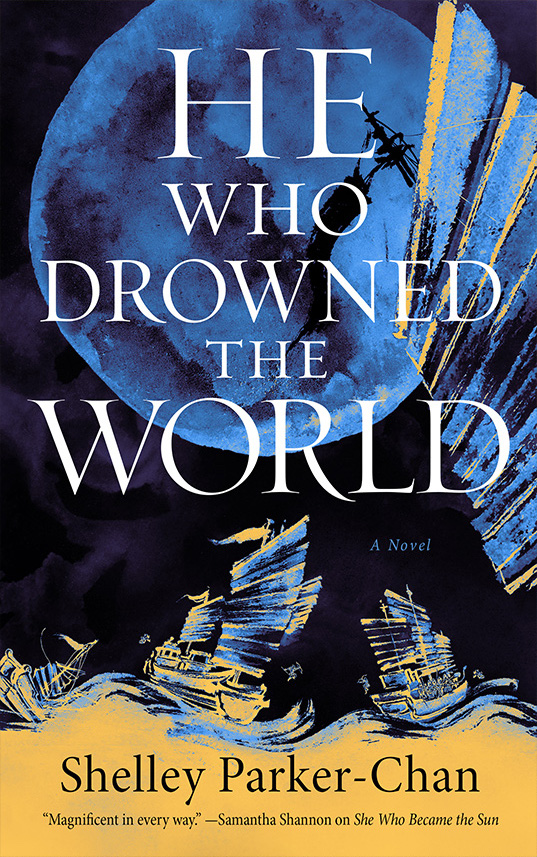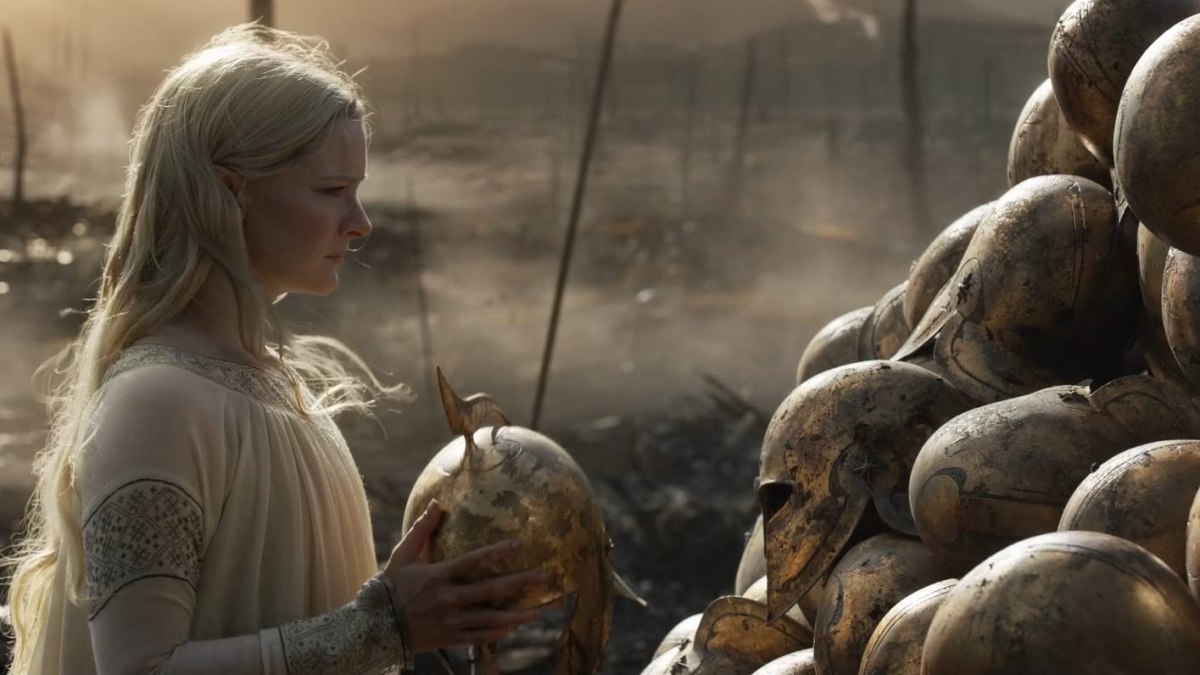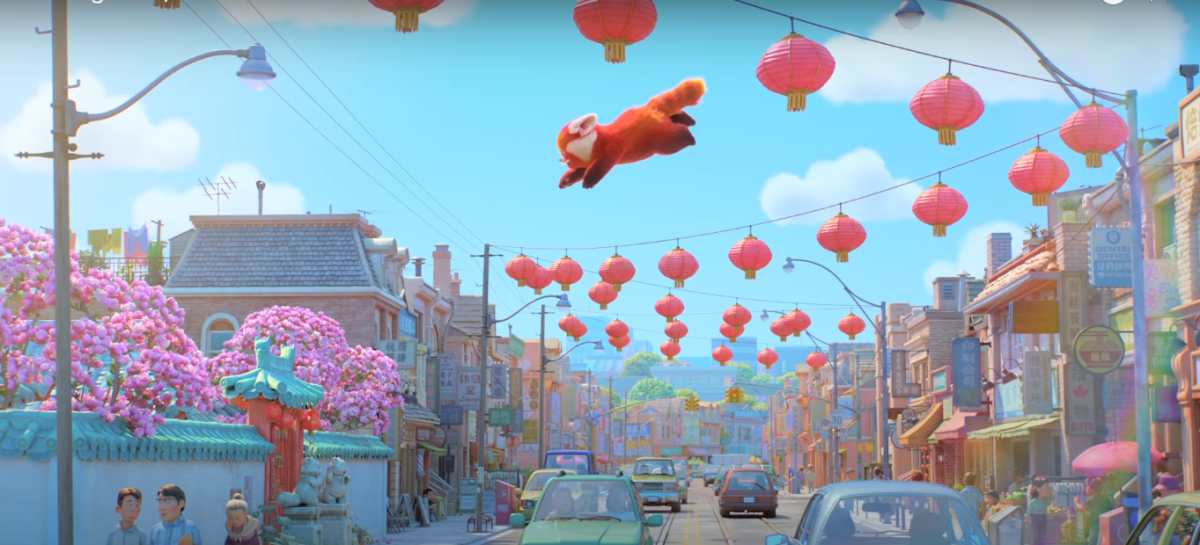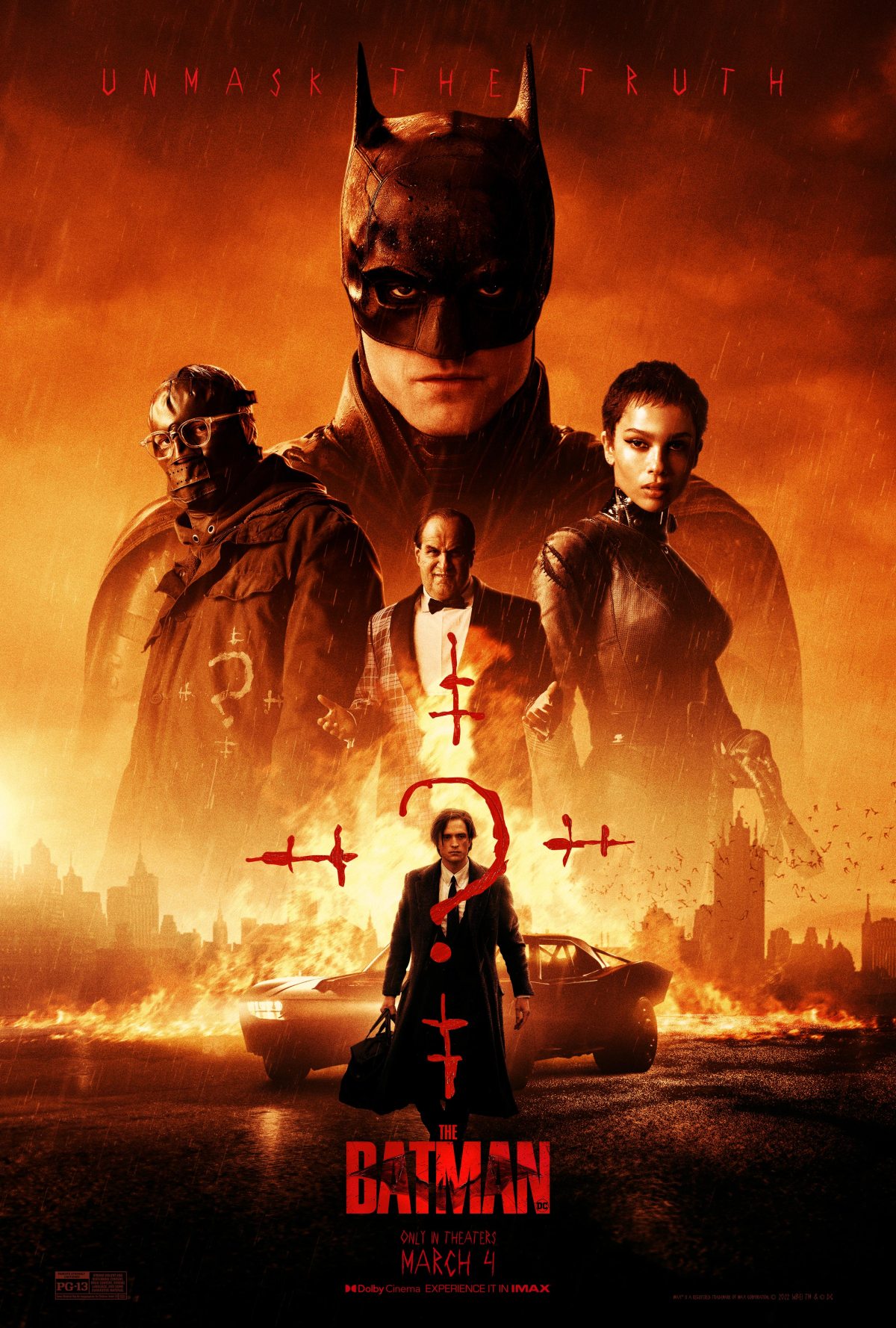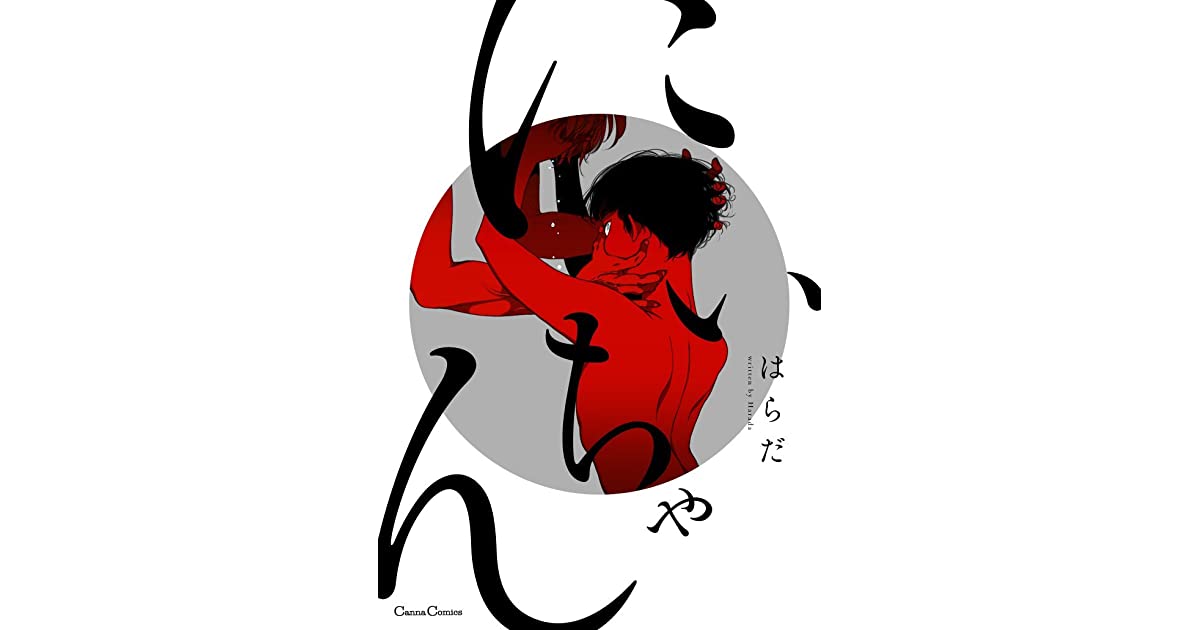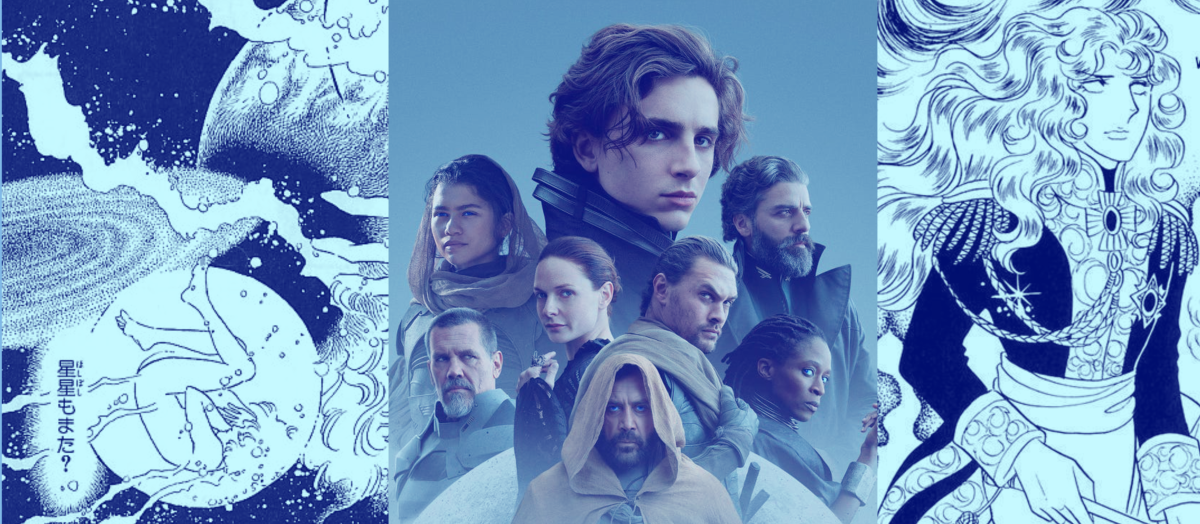Shelley Parker-Chan’s She Who Became the Sun was one of my favorite books I read back in 2021, and I was very excited to continue the final part of the Radiant King duology. My predictions for He Who Drowned the World was that it would kind of be like, as I joked to my friends, the “Hamilton Act 2” of the tragedy. Meaning basically, if the first book would be about a rise to power from humble beginnings through any means necessary, the second act would delve into the consequences of such decisions and the toll they would take on our main character—Zhu Yuanzhang, the Radiant King.
When I finished reading He Who Drowned the World, the sequel to She Who Became the sun, it definitely had aspects of tragedy, but it also surprised me with the exploration of new characters and angles of the world. Overall, An absolutely great and entertaining read. I don’t think it felt as unified to me as the first book, but it had a constant pace, lots of action and suffering and court intrigue. The story centers around Zhu and her goal to be “the Greatest,” but also explores the stories of 3 other main characters: Wang Baoxiang, the brother of the deposed Prince of Henan, Ouyang, the eunuch general bent on revenge, and Madam Zhang, a concubine-turned-queen desperate to hold onto what limited power she has by any means necessary.
The violence of their desires is also tied deeply to each character’s experience of gender and abjection, and it is through these experiences of gender that characters are drawn to or repulsed by each other. Zhu, assigned female at birth but living as a monk, a man and a now a king, moves like an impostor between worlds — someone stealing the name and identity of a dead brother, seen as an “ugly” woman, a small, misshapen, disabled man, her body is a site of curiosity and disgust, if not overlooked completely. Ouyang, the eunuch general, is someone from whom a male identity was violently wrenched from him when he was young, and despite his masculine skill in violence and war, is seen as less than human, an incomplete man, an impostor woman. Zhu and Ouyang, distant enemies in the first book, become brief, cautious companions in this one, where their shared painful eviction from respectable bodily and gender roles gives them each a tenuous connection that allows them both to see and be seen in each other before it is broken.
On the other end, Madam Zhang and Wang Baoxiang are characters who lean into and weaponize both their internal and constructed femininity. Madam Zhang because she has spent years honing her mask and using beauty and charms and plotting to maintain influence and power with the men in her life, despite the strain it puts on her internally. Baoxiang does so as a man derided all his life for being effeminate and flamboyant, who decides to fulfill everyone’s worst assumptions and expectations of him by leaning fully into what I can only call his Evil Gay Villain persona (despite being straight.). The pain of controlling or not being able to control being perceived, the policing of gender both internally and externally, is all over the story.
The desperation and intensity of all the characters is written very beautifully, with the melodrama and the indulgence you get from slash but curiously not directed towards a central romance or love interest. There are very queer moments of intimacy, love, and hate between characters, but the yearning, the desire, feels directed less towards the goal of a relationship and more towards a sense of personal wholeness and fulfillment.
Because of that I found the story to be very curiously asexually resonant. Sexuality and gender plays a main role in this story, and many sexual relationships are explored, but personal sexuality is treated as incidental in the main characters’ perspectives. It’s used as a tool of transaction or violence or routine physical satisfaction, it’s a desire observed and exploited in others, but desire itself is not dwelled on from the point of view of the characters. Despite, or perhaps because of this, the story feels free to indulge in other forms of intimacy and weird expressions that nonetheless are extremely emotionally and physically charged and erotic in their own exaggerated or subtle ways (especially, if you’re like me, and very attuned to finding freakreadings of works.) there’s always a tension and an eroticism in the extreme, sadistic power dynamics of a monarchic and military rule, the restrictiveness of a binary in a narrative making it all the more satisfying when characters rail against it or are exiled from it. Violence is ever-present in this book, and cruel betrayals are carried out with self-satisfied melodrama, but I feel it manages to be entertaining and dramatic while having a sense of empathy throughout.
I’m not familiar with the historical setting of 14th century China and the historical figures it’s loosely based on, but the story felt solid enough as a stand-alone stylized, fantastical work that I really enjoyed. Very fucked up queer people behaviors in this all around. I’m always a bit bummed when I see SWBTS kind of pigeonholed into just being a “sapphic representation” book since I feel that’s only one aspect of a much greater messily defined web of characters and their relationships to manhood, womanhood, the body and self, etc, so great to see that explored more in this book.
I can’t say it all completely worked for me, there’s some tonal differences I think in the earlier chapters that make it harder to get through since some parts, especially the chapters with Zhu and her company feel very more adventure episode that requires some fantastical suspension of disbelief, juxtaposed with the more political and intense relationship court concubine drama of Baoxiang’s perspective. I think the book is best read probably not all in one go, but bit by bit—it feels paced more like a TV show of old serial in that way (and if I recall correctly, the author directly cites Chinese dramas as an inspiration for the story)
The ending surprised me with the mood it ended on. Like I said earlier, I expected this book to be more of a “Hamilton Act 2,” in that I expected Zhu to experience personal loss (she does), lose herself in her ambitions (she does) and then ultimately succumb to them in an ultimate violent failure in trying to make all the past sacrifices worth it (she does not.). Rather than a grand conquest and ending, there is, instead, a shift in perspective and scale—an ending that in a way subtly seems to turn outward to look at the audience and imagine a future, many many reincarnations later, where those of the tragic ends might find their way to happiness some way or another, outside of the restrictions of the current world.

